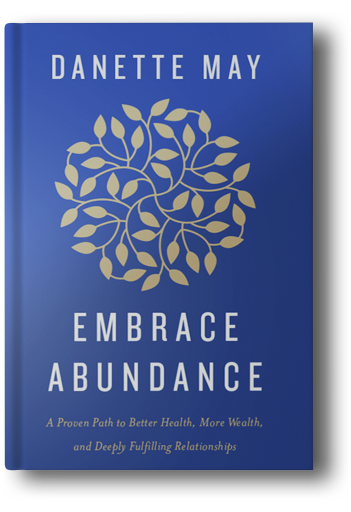Have you ever wished it could be Thanksgiving 365 days a year? Not for the turkey and stuffing but for the joy of having your whole family gathered around.
It’s because we all get a big boost from actually stopping to give thanks for our blessings.
There’s been a great deal said and written about gratitude. Many people have started keeping gratitude journals. There have been entire episodes of Oprah dedicated to the topic. Is this silly, or does it have substance? Is there real benefit to being mindfully grateful?
Not only are there very real benefits to spending time thinking about all that you have to be thankful for, but those benefits have been scientifically proven.
TweetWhat are they?
7 Scientifically Proven Benefits of Gratitude
People who are grateful have:
- Better physical health. A 2012 study showed that people who are grateful also tend to take better care of themselves, and to feel healthier. They exercise more and go to the doctor on a regular basis.
- Better mental health. People who are in touch with all that is good in their lives have fewer negative feelings. Regret, frustration, envy and resentment are less common in people who spend time acknowledging all that is good in their lives.
- Less anger and more empathy for those around them. Studies have shown that when people practice mindful gratitude, they are less likely to seek revenge when they feel they have been wronged. They are more likely to try to look at the other person’s view point.
- A better night of sleep. A 2011 study asked people to spend 15 minutes writing in a gratitude journal before going to sleep. The study showed that they slept more soundly and longer.
- Better self-esteem. People who take the time to reflect on all that's good in their world tend to be less resentful. They're happy for others who are successful and feel better about their own accomplishments.
- Better mental stamina. They are better able to deal with stress and to recover from trauma.
- Better and more relationships. People who are grateful tend to express their appreciation to others, and that makes it more likely that they will have more friends and more opportunities.
The bottom line is that the good feeling you have after your Thanksgiving celebration is about more than stuffing and pumpkin pie. It’s all about the positive power of taking time to think about all that is good in your world.
And it’s something that you can do every single day – and should.
Here’s How to Start
1. Make a commitment to gratitude. Some days it will be hard to force yourself to sit down and come up with something that you are grateful for, but once you do it you will find something and feel better for it.
2. Decide how you’re going to do it. Do you want to keep a physical journal? Buy a notebook that makes you happy. Do you want to do it on your phone, or your computer? That’s fine and there are plenty of sites that make it easy. The form doesn’t matter. The important thing is that you actually do it.
3. Set a specific time for your gratitude practice and stick to it each day.
4. Don’t get lazy and just think about what you’re grateful for. If you decide not to write it down then say aloud the list of things you're grateful for. This helps it feel more real.
5. Once you’ve written something down, give yourself a chance to look at it and think about how happy you feel about it. And on days when it doesn't come as easily, you can look back and reflect what you wrote in your earlier journal entries.
6. Don’t limit your gratitude to your set time. Try to go through your day allowing yourself to be grateful for small things.
7. Tell others about what you are grateful for.
I practice active gratitude every single day. I hope this information will convince you to join me in adopting an attitude of gratitude each day!
Yours in health,
Danette
P.S. Please help me share this information with your loved ones and I welcome your comments below! How do you stay in an attitude of gratitude?






